Katespiracy: is the media to blame?
Public statement about cancer diagnosis followed weeks of wild speculation and conspiracy theories
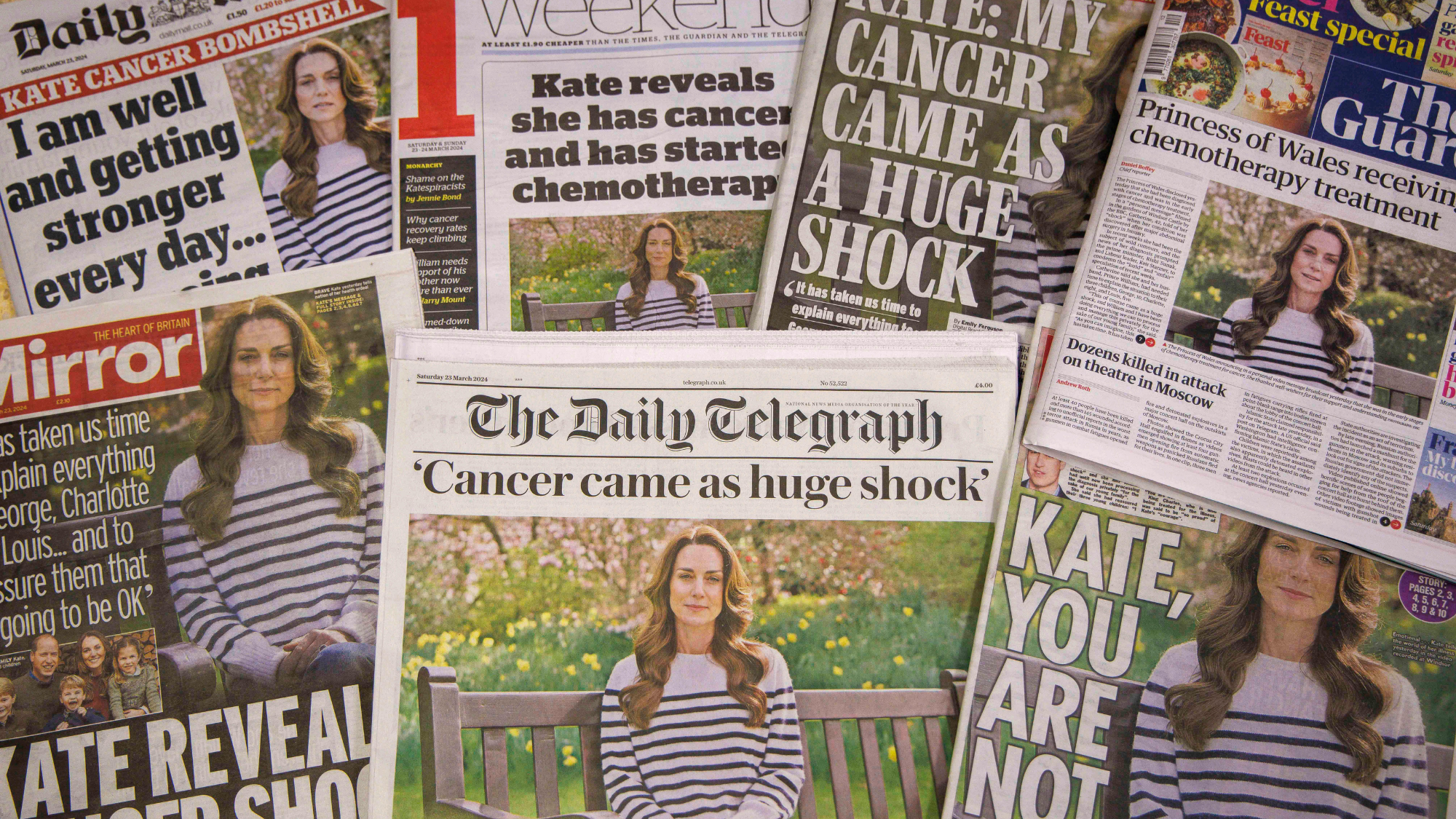
A free daily email with the biggest news stories of the day – and the best features from TheWeek.com
You are now subscribed
Your newsletter sign-up was successful
The Princess of Wales's statement about her cancer diagnosis marked the culmination of weeks of speculation about her whereabouts and well-being.
Prior to the release of her video message last Friday, the royal rumours had become a news story in their own right, with press outlets reporting on the spread of conspiracy theories. But while social media fuelled the "Katespiracy" mania, some critics say the media must accept some of the blame.
'Co-dependent relationship'
Kate Middleton's "continued absence" from public life sparked a "frenzy of ever more deranged internet speculation", said Mary Harrington on UnHerd. "The legacy press vacillated between fawning and the usual barely-disguised rubbernecking", and the internet, in turn, "went bananas".
The Week
Escape your echo chamber. Get the facts behind the news, plus analysis from multiple perspectives.

Sign up for The Week's Free Newsletters
From our morning news briefing to a weekly Good News Newsletter, get the best of The Week delivered directly to your inbox.
From our morning news briefing to a weekly Good News Newsletter, get the best of The Week delivered directly to your inbox.
Arguably, the royal family has "embraced" a level of "symbiosis with the legacy press". Diana, Princess of Wales, "was ahead of her time in grasping" this "symbiotic nature" of the "celebrity ecosystem". Public figures have a "co-dependent relationship with their audiences", said Harrington – and if that were true in the "mass-media age, it has grown still more so in the social media one".
But "until recently", Britain's "relatively fierce libel laws plus the threat of exclusion from the Royal Rota system controlled legacy press reporting". Now, the "globalisation and digitisation of the news cycle" has seen "wilder" coverage from US outlets "routinely" bleeding into the UK, creating a "dissonance that has fuelled digital madness".
British tabloids "pioneered the celebri-fication of the House of Windsor", said Michael M. Grynbaum in The New York Times (NYT). Fleet Street and the royals "are a pair of British institutions whose fates and fortunes have long been intertwined".
Yet in recent weeks, the newspapers "largely showed an unusual level of restraint". Reporters covered "the frenzy of rumours, but mostly in the guise of scolding social media users for spreading conspiracy theories".
A free daily email with the biggest news stories of the day – and the best features from TheWeek.com
They did acknowledge, however, that a level of "blame" lay with the teams at Kensington Palace, who allowed "an information vacuum to develop" in the months since Middleton stepped back from public duties.
'Impossible to pinpoint blame'
We shouldn't "blame" the British press for "the miseries heaped" on the Princess of Wales and her family, said Hugo Rifkind in The Times. True, the newspapers "didn't help". Newsrooms could have "simply pretended" conspiracy theories were not swirling, but they were – "and it wasn't driven by us".
Still, it's "impossible to pinpoint precisely where blame should land". A "small handful of prominent online voices" have apologised for weighing in on the story before Middleton addressed the "dirty speculation", but "it would be madness" to suggest they were "the direct cause of anything much", or that "anybody else in particular was".
In the digital age, the "gatekeepers who once controlled the official flow of information – be it palace press secretaries or tabloid editors – are increasingly powerless against the online tide", said Grynbaum in the NYT.
"Perhaps lessons have been learnt on both sides" of this story, said Kate Strick in the London Evening Standard. Kensington Palace's communications teams "will certainly have been reminded of quite how delicate a balancing act" royal news is "in a digital age". With AI and image manipulation tools "rife", they must take "great care" and "mistakes must be avoided".
So-called Katespiracies have "proved that no subject or person is off-limits in the digital quest for the truth", said Strick. But Middleton's "unflinching cancer reveal" is an "urgent reminder" that she has a "right to privacy" and "that perhaps limits are necessary, sometimes".
The internet, said Lord Leveson in his 2012 report into phone hacking, "does not claim to operate by express ethical standards". "Maybe one day" it will, said Rifkind, "but I wouldn't hold your breath". Newspapers "can't fix" this issue. "Only people can."
Julia O'Driscoll is the engagement editor. She covers UK and world news, as well as writing lifestyle and travel features. She regularly appears on “The Week Unwrapped” podcast, and hosted The Week's short-form documentary podcast, “The Overview”. Julia was previously the content and social media editor at sustainability consultancy Eco-Age, where she interviewed prominent voices in sustainable fashion and climate movements. She has a master's in liberal arts from Bristol University, and spent a year studying at Charles University in Prague.
-
 Political cartoons for February 15
Political cartoons for February 15Cartoons Sunday's political cartoons include political ventriloquism, Europe in the middle, and more
-
 The broken water companies failing England and Wales
The broken water companies failing England and WalesExplainer With rising bills, deteriorating river health and a lack of investment, regulators face an uphill battle to stabilise the industry
-
 A thrilling foodie city in northern Japan
A thrilling foodie city in northern JapanThe Week Recommends The food scene here is ‘unspoilt’ and ‘fun’
-
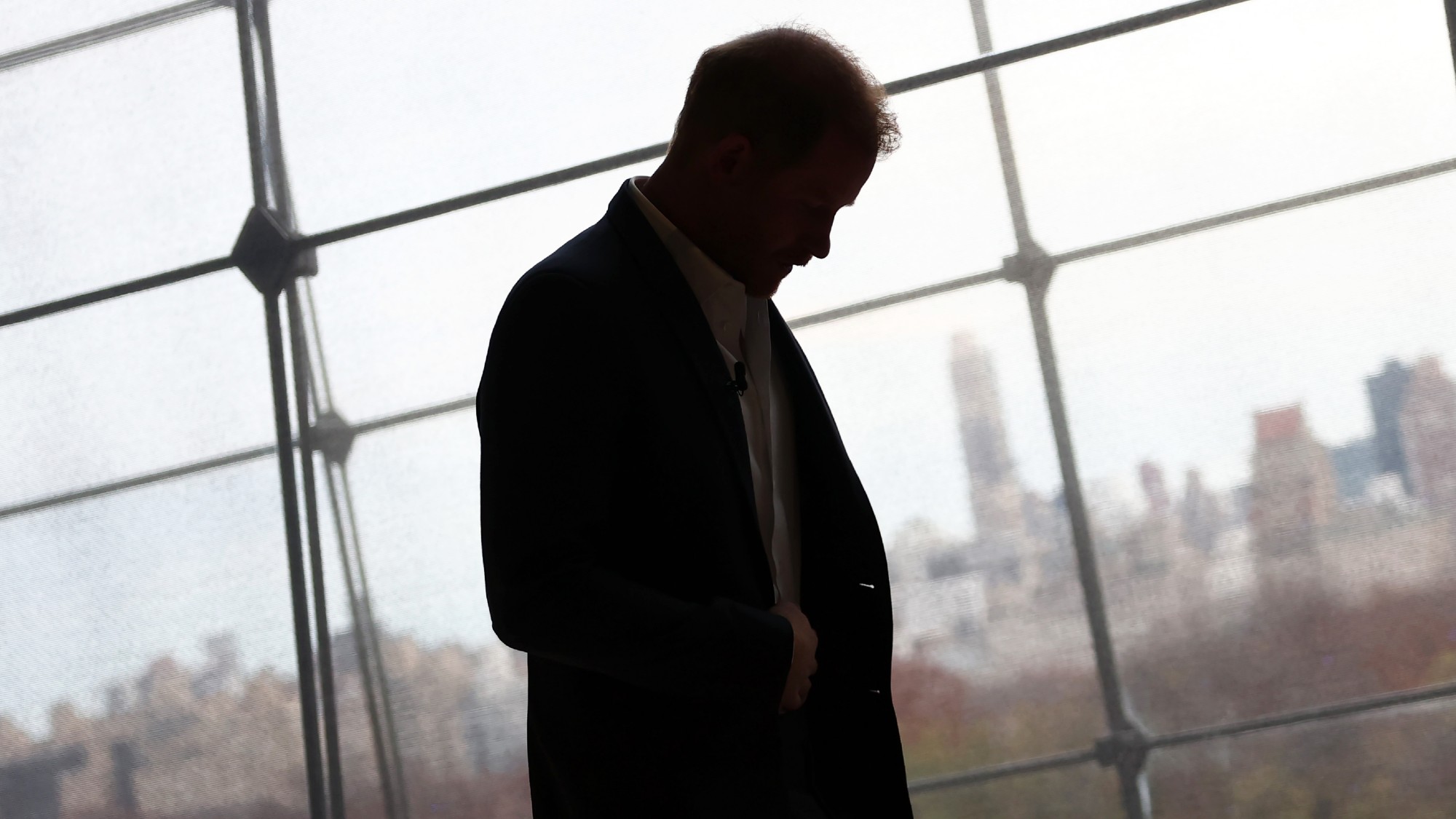 Phone hacking: victory for Prince Harry?
Phone hacking: victory for Prince Harry?Talking Point Even those who do not share the royal's views about the press should 'commend' his dedication to pursuing wrongdoing
-
 Meghan Markle's Netflix show: 'bang on the money' or hopelessly 'cheugy'?
Meghan Markle's Netflix show: 'bang on the money' or hopelessly 'cheugy'?Talking Point The Duchess of Sussex relaunched her Instagram just in time for the trailer for her new lifestyle series
-
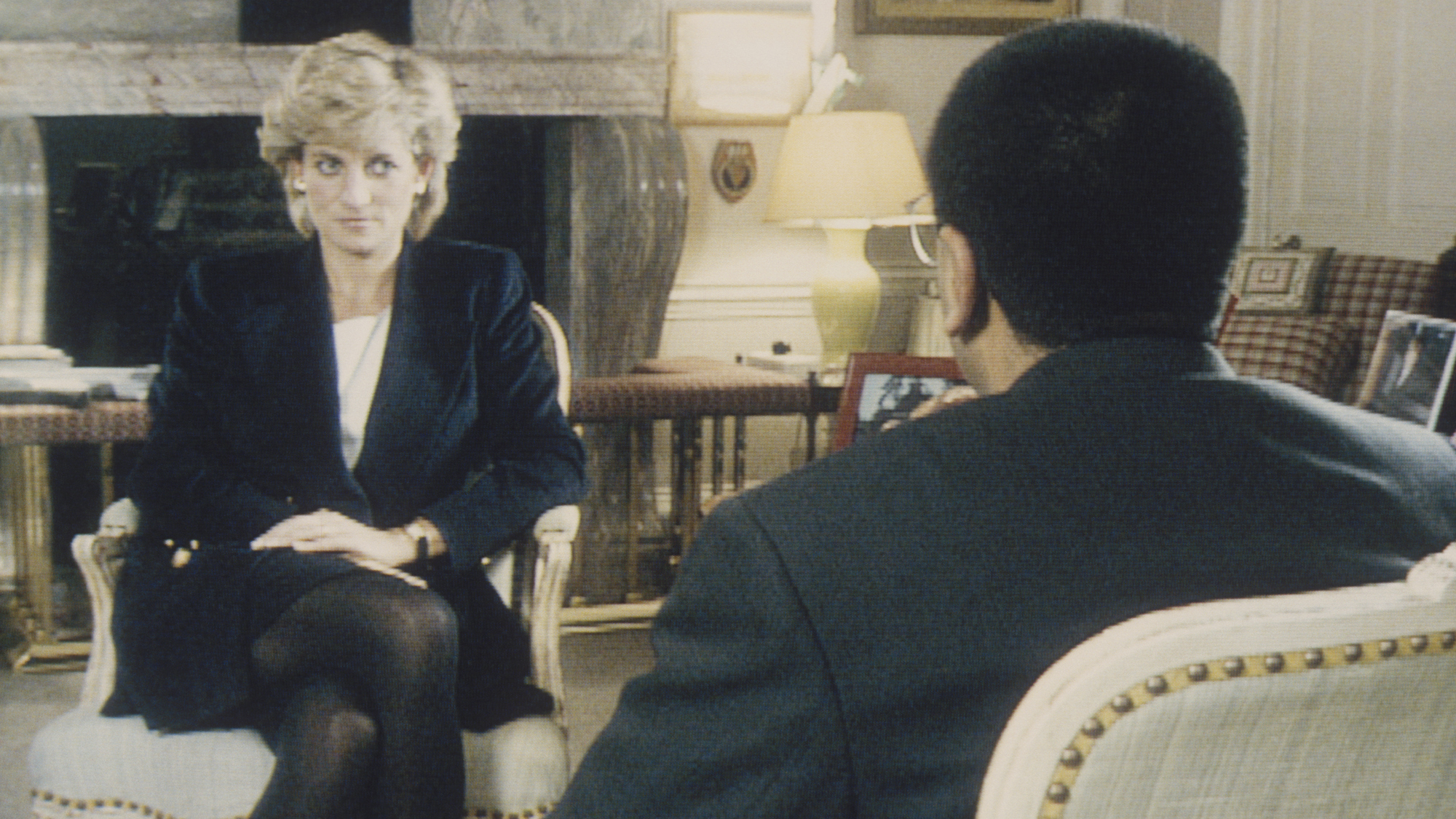 The Princess Diana interview and Martin Bashir's redacted dossier
The Princess Diana interview and Martin Bashir's redacted dossierIn the Spotlight The newly revealed documents show Bashir claimed jealousy and discrimination fuelled allegations against him
-
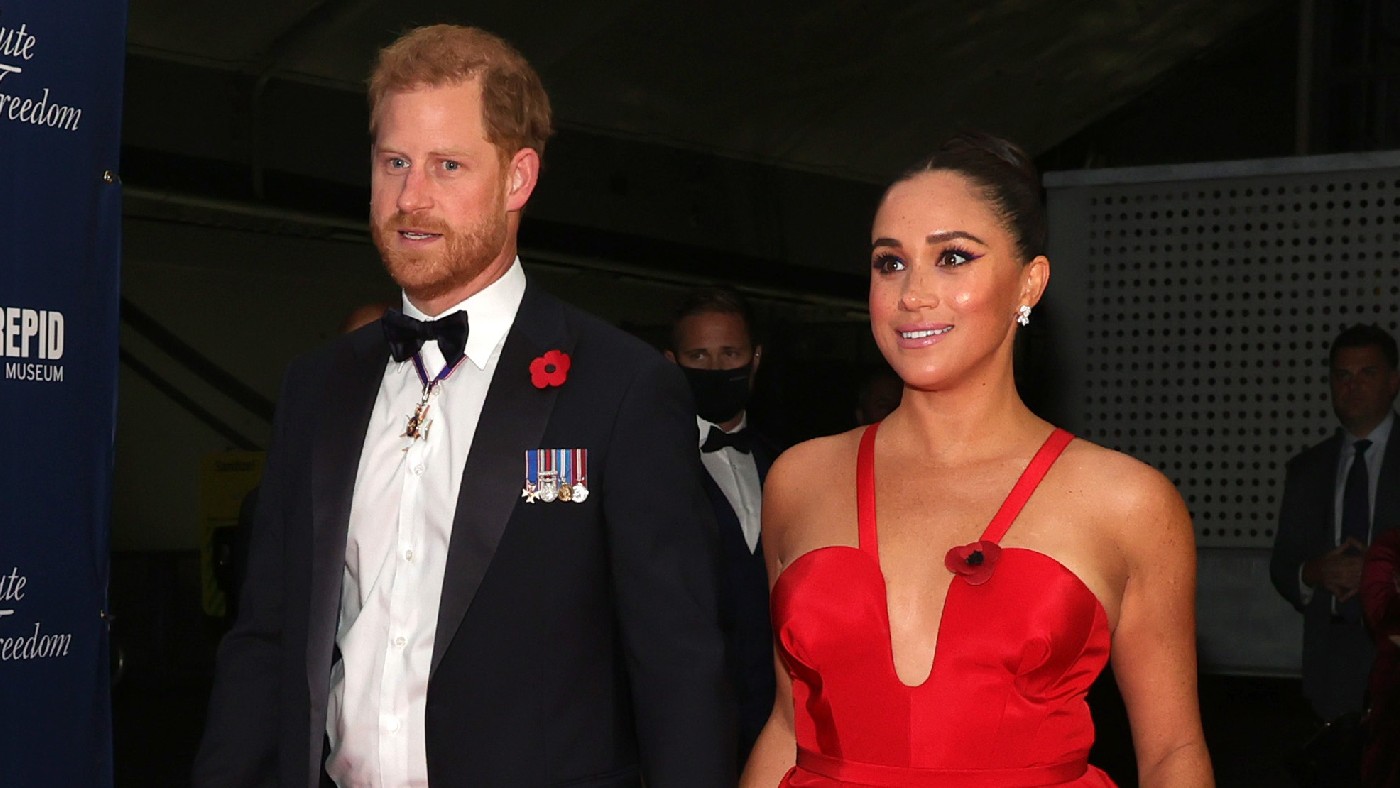 Is ‘Megxit’ misogynistic?
Is ‘Megxit’ misogynistic?In the Spotlight Prince Harry is calling for the widely used term to be replaced
-
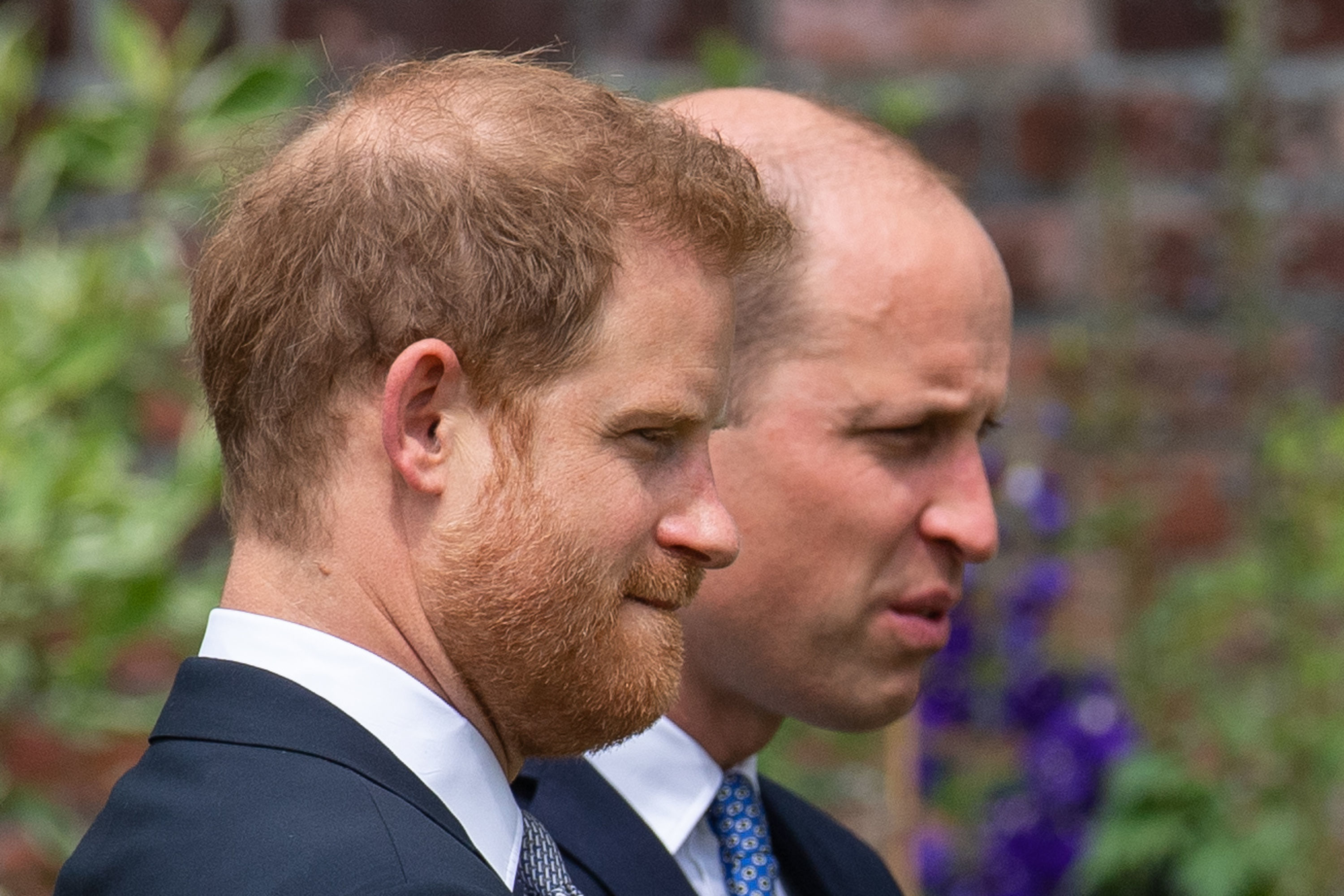 Five revelations from the BBC’s Princes and the Press that sparked a royal feud
Five revelations from the BBC’s Princes and the Press that sparked a royal feudUnder the Radar Royals furious about two-part documentary that shines light on inner workings of the households
-
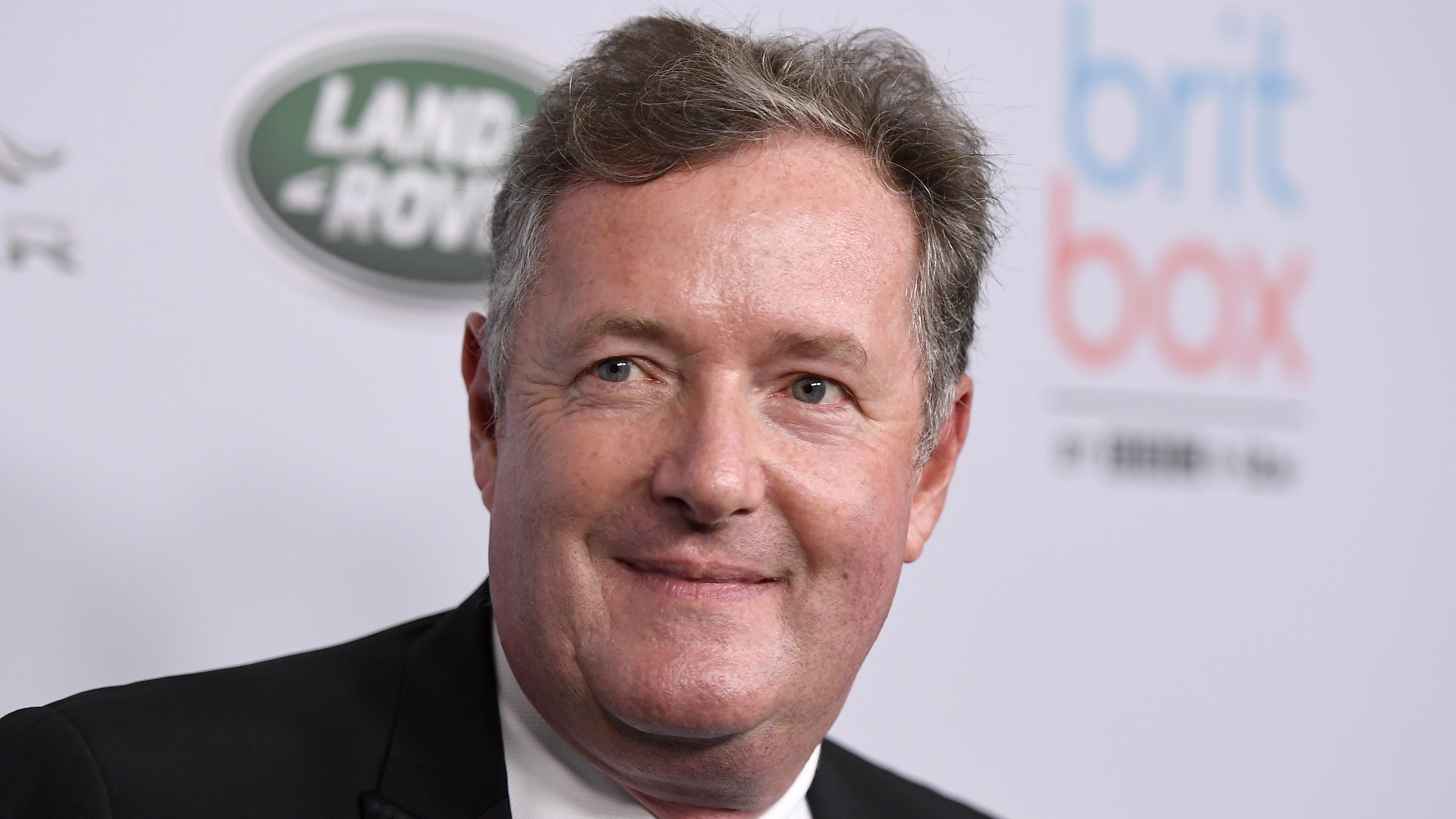 Inside Piers Morgan’s exit from Good Morning Britain
Inside Piers Morgan’s exit from Good Morning BritainUnder the Radar Host departs after clash with ITV executives over Meghan Markle mental health coverage
-
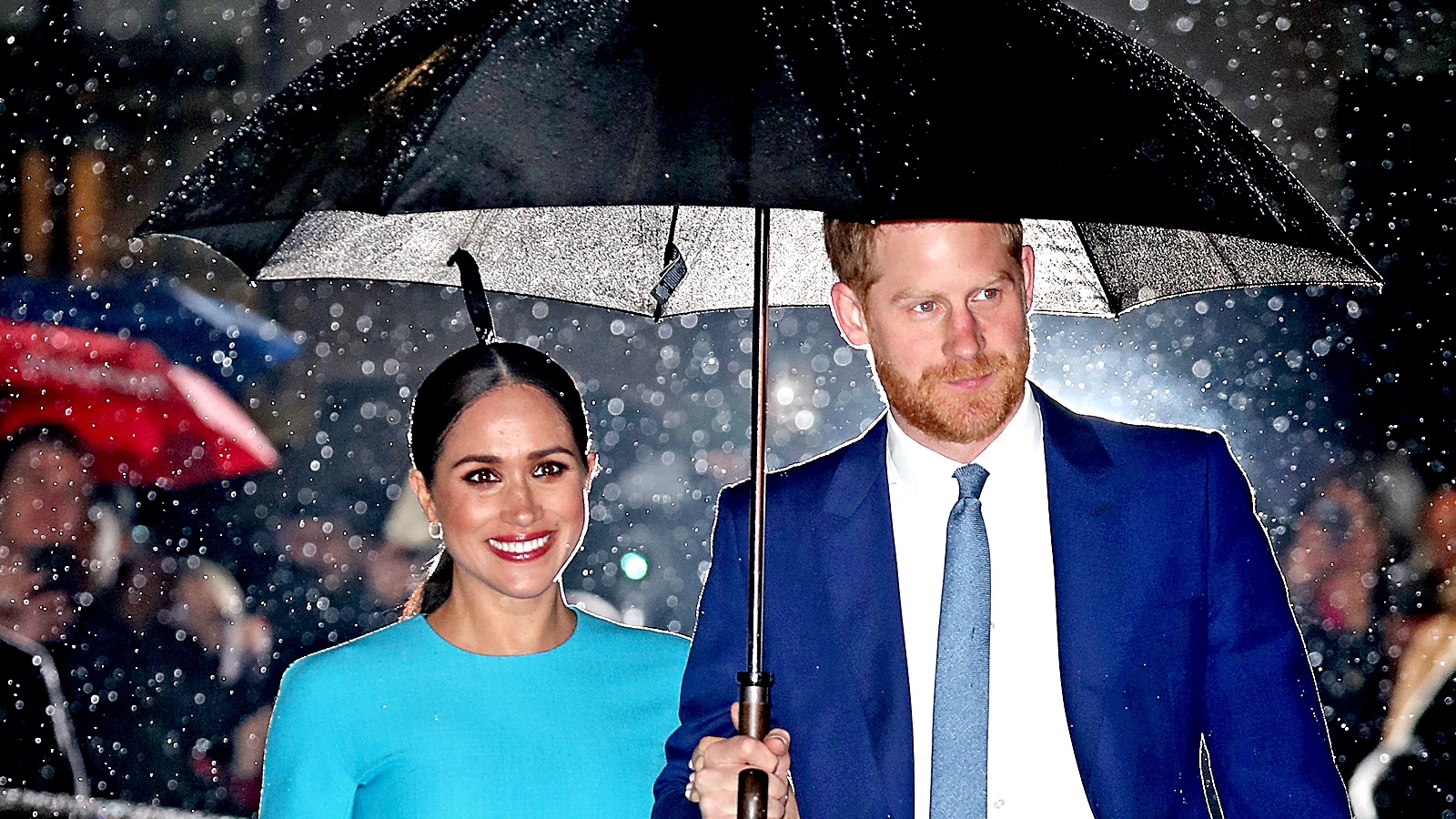 Are Harry and Meghan pushing it with their request for press privacy?
Are Harry and Meghan pushing it with their request for press privacy?feature Couple have been accused of hypocrisy after granting interview to Oprah Winfrey
-
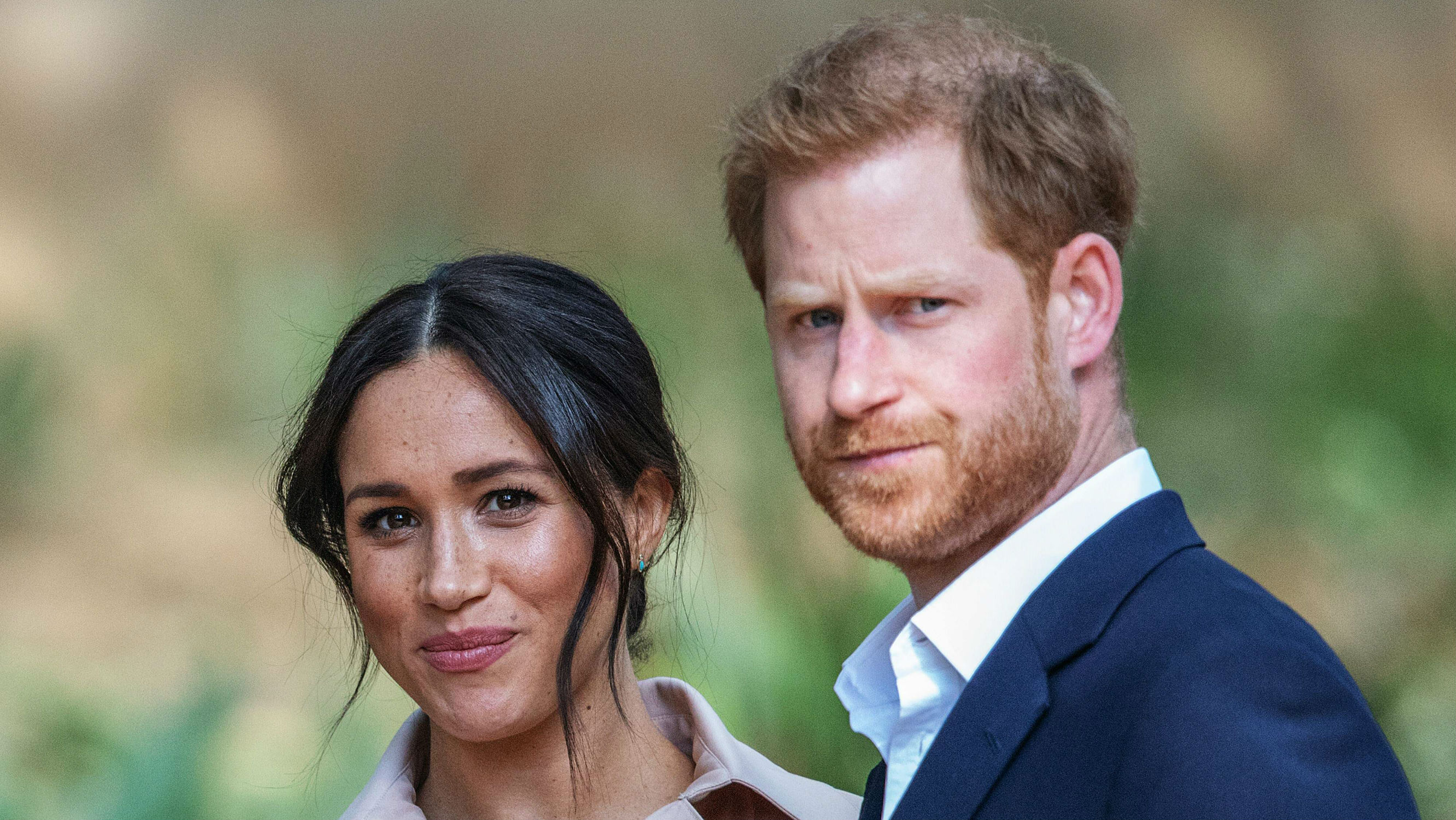 What Meghan Markle’s court win means for Royal Family - and the media
What Meghan Markle’s court win means for Royal Family - and the mediafeature High Court judge rules that newspaper invaded Duchess of Sussex’s privacy by publishing personal letter to her estranged father